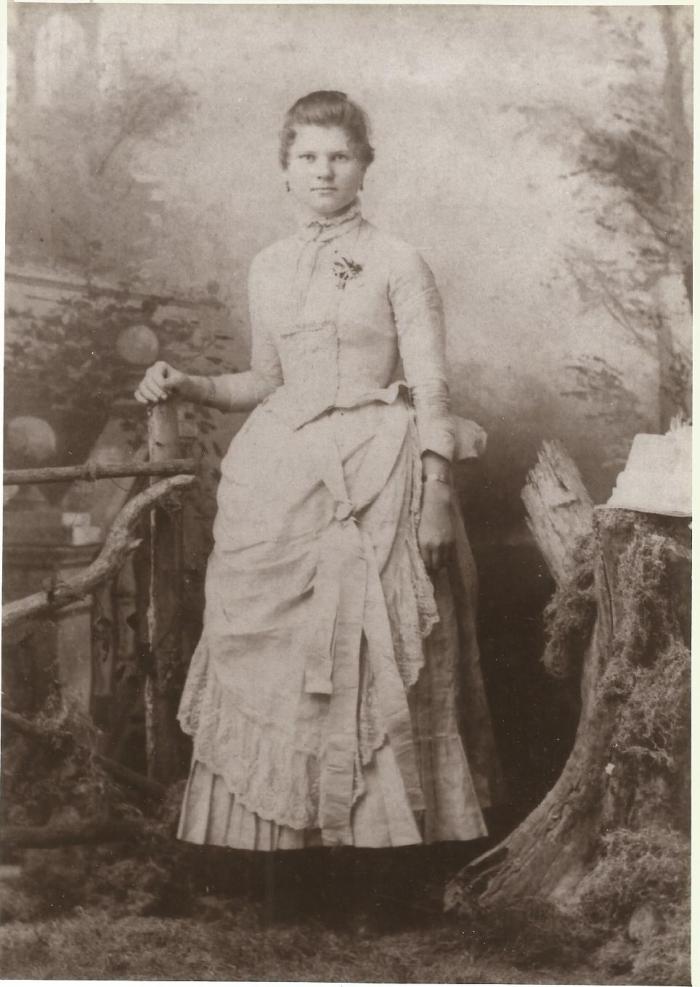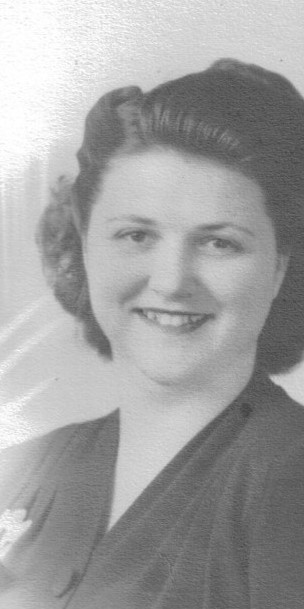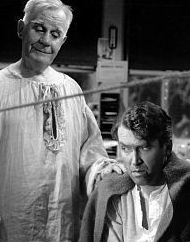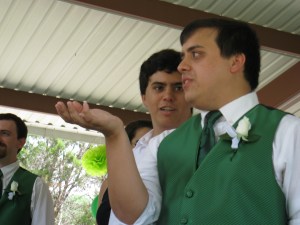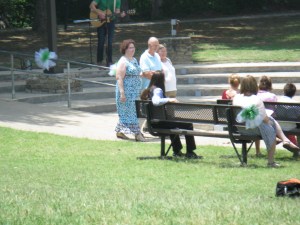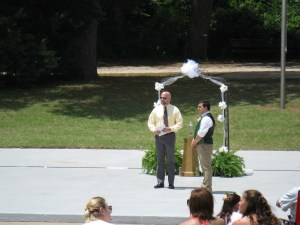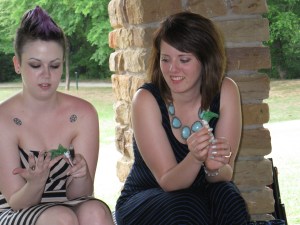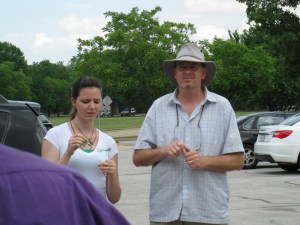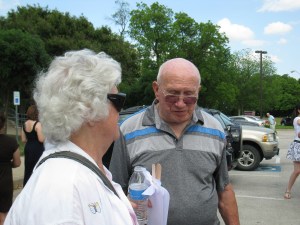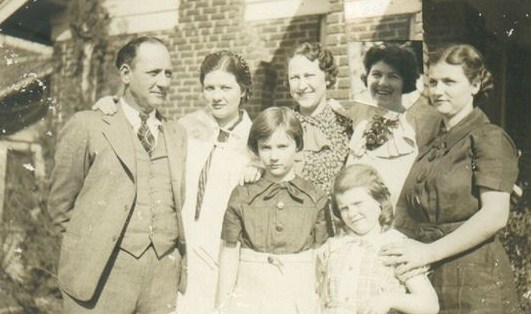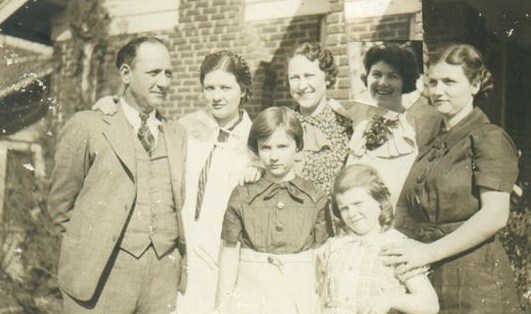
The woman on the left in the photograph above is my father’s mother, Vida Maud Woodward Waller. On the left is his father’s sister, Jessie Waller Meadows. The photo was taken, I believe, sometime before 1910.
Aunt Jessie lived to be nearly ninety, so I knew her well. I didn’t know my grandmother. She died in 1920, when my father was five years old. By the time I was born, thirty-one years later, she was rarely spoken of. Her younger sister, Nettie Watkins, who volunteered to be “Nanny,” and my grandfather’s sister-in-law, Bettie Waller, told me a little about her.
Here is what I know.
She was short and had red hair. She was the seventh of nine children in a family that remained close all their lives.
She had beautiful hands, and she was vain about them. She paid her older sister, Bruce, to take her turn at doing dishes so the hot, soapy water wouldn’t spoil her hands. In the mornings, before she and her brothers and sisters went into the field to pick cotton, she carefully wrapped and stitched each finger in strips of cotton fabric. Then she put on work gloves. “That just fascinated me,” Aunt Nettie said. “And she always slept in gloves.”
There wasn’t a horse in the county that she couldn’t handle.
She scandalized the town by being the first girl to ride astride, wearing a split skirt. (And judging from the photograph, she corrupted Aunt Jessie.)
She and my grandfather eloped. Her mother did not approve of my grandfather as a son-in-law. I don’t know what Granny’s objections were, but having known my grandfather, I imagine some were justified. We all loved him dearly, but he could try one’s patience.
She drove like a maniac and regularly plowed the car into a high curb or a fence post or a bridge abutment and had to send for my grandfather to get the bumper unstuck.
She had a wonderful sense of humor, and she loved babies. (No one told me that. I inferred it from being around her sisters.)
She had her first child in 1911, and the others in 1913, 1915, 1917, and 1919. All boys. One day when she was in town, she heard a woman say, “There’s that Mrs. Waller. She has a baby every year.” My grandmother turned around and said, “No, I have my babies every two years.” End of conversation. The tradition was convenient for the entire family: if you knew how old one of the sons was, you could easily calculate the ages of the others. From there, you could fill in most of the cousins.
She could do, and did, whatever needed to be done. If bedtime came and all the boys’ pajamas were in the wash, she sat down at the machine and sewed up a batch of pajamas. If she wanted a fence around the yard, she went out and put up a fence. I suspect she found out fairly early in her marriage that building a fence was quicker than waiting for my grandfather to build one. (See, try one’s patience, above.)
She tended to be plump but wanted the hourglass figure that was the fashion. She laced her corsets so tightly that during every dress fitting, she fainted. One dressmaker became so frightened at the prospect of a client who routinely toppled over that she refused to sew for her any more. (I should note that the Woodward family was known for its fainters, men as well as women, so the corset might not have been entirely to blame. They were a hardy family, not a nerve in the bunch, but under stress they fainted.)
She would dress up for a party, stand before the mirror, and say, “I don’t look good enough.” And she would stay at home.
She had a strong will. No one ran over her.
The morning of the day she died, she was preparing to make a cake for Donald’s third birthday. She went outside to draw kerosene to fill the kitchen stove, and some of the liquid spilled onto her robe. When she lit the stove, the robe ignited. She panicked and ran. Maurice and Joe, seven and nine years old, knew how to smother the flames, but they panicked, too, and could only scream. Bill, Donald, and Graham, the youngest at eight months, were there as well. Graham, of course, didn’t remember his mother. Donald and my father always said they remembered nothing about that day, but I believe my father did.
She was buried the next day, on her thirtieth birthday.


